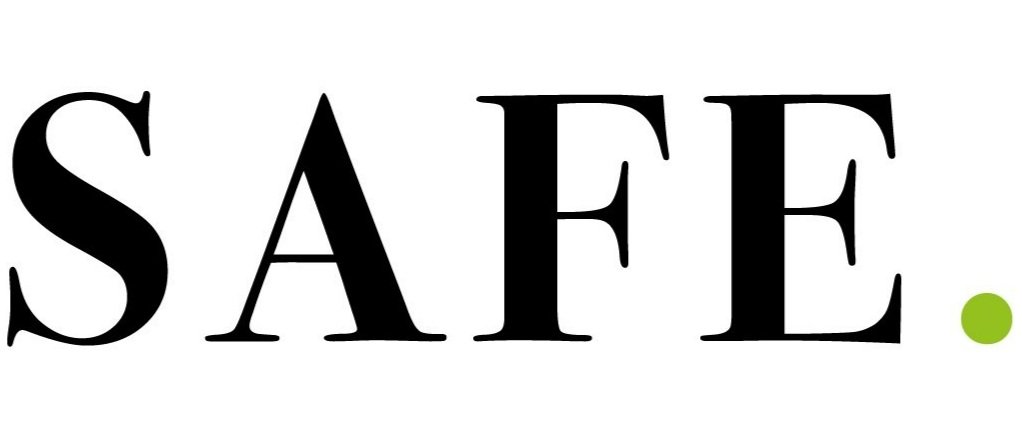Why is blockchain important to supply chains?
It’s a ledger
A blockchain is a set of records, a “ledger”. New records can be added, but records already committed to the blockchain can never be changed. Suppose that each entry represents an interaction in a mineral supply chain, it is impossible to change any detail in the record of each interaction.
Blockchains forever hold a full audit trail of any transition of state, value or ownership occurring in a supply chain.
It uses Digital Signatures
Each record is digitally signed by whoever created it via “private/public key cryptography”. The first important advantage is that, at any time in the future, it can be verified who signed (and also that person was authorised to sign). The second advantage is that the digital signature created is unique to the content of the record itself.
Any change to the content of the record (such as a forgery), no matter how small, would invalidate the signature and be rejected and alerted by the blockchain.
It forms a Chain
Each new record committed to the blockchain is linked to the one before it in the ledger capturing the chronology of records. This link is itself a data item and therefore contributes to the security of the record in the same manner as the digital signatures are unique to the content of the record.
When a new record is written onto the ledger, the blockchain algorithm checks the existing records in the chain, verifying that the links and the signatures for previous entries are valid. Records can only be added if the existing chain was written to correctly, so old data cannot be changed. This makes a blockchain an extremely strong audit trail.
It uses Blocks
For efficiency, each Block contains a set of records, rather than just one. A Block possesses, via cryptography, all records that preceded it and once the Block is completed the next Block is added in succession. Therefore a Block, once written, cannot be altered or removed.
It keeps copies of data in multiple places
Instead of keeping one central ledger that everyone works from, with a blockchain, multiple identical copies of the ledger are kept. This is different to many traditional ledger keeping systems which hold one central repository of data open to corruption.
The Blockchain keeps all of the copies synchronised to each other (in the case of Ethereum there are tens of thousands of computers contributing worldwide) reducing to almost zero the chances of the data being manipulated.
It allows Selective Transparency
Blockchains often provide more transparency than you get with centrally controlled systems, helping to create trust. Simultaneously, Blockchain keeps important information private. For example, in some types of Blockchain, anyone can see how many transactions have happened, but not the details of those transactions.
It can use Smart Contracts
Smart Contracts are programming language that can be used to build functions. Smart Contracts allow implementation of contractual conditions in a digital manner. For example, certain actions will only be deemed complete, and progress to the next stage, if certain conditions are met. Occasionally the code is shared, to increase trust that the functions work properly.
It can help with Identity
Blockchains can provide proof of your identity, and reliable evidence of your previous history of business.
Conclusion:
Blockchains help create trust, simplify cooperation, decrease risk, and increase transparency when different organisations or actors are working together.
(a) Blockchains are immutable audit trails - Combined with increased transparency, this creates trust.
(b) Blockchains allow you access to your own ledger, maintain multiple identical copies of the ledger and remove the need for a “central custodian” of a single ledger - this gives you more visibility and control and reduces the risk of fraudulent activity.
(c) Blockchains allow you to easily prove who you are, and selectively share your history of business transactions, while keeping details confidential. This makes it easier to do business with new counterparties.
(d) Blockchains allow you to program functions into the supply chain - thus enabling you to only allow compliant activity to go through.
For more information on how SAFE. can help your company prepare for upcoming legislation, implement mechanisms to put practical tools in place, and adopt transformative technologies such as blockchain, IoT and smart contracts to lead the way in your ethical supply chain visit us at www.safesupply.io.

